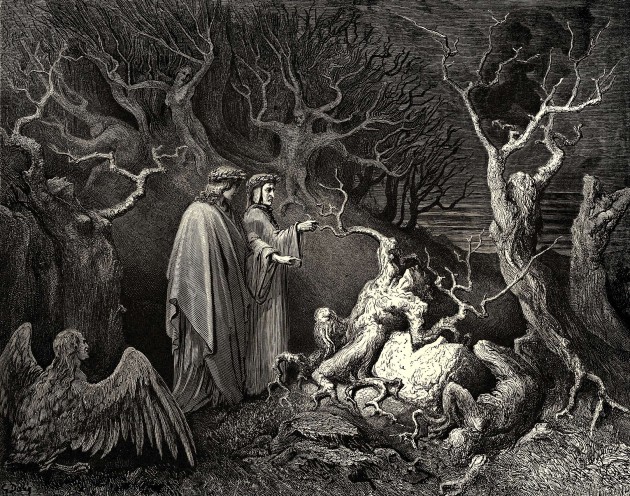Translating: a Sisyphean Task
Arguably one of the most important reasons to learn another language is so you can appreciate foreign literature without the aid of a translator. This is not to impugn the worth of translators, who have a difficult and mostly glory-less (unless you’re Seamus Heaney) job trying to communicate the inherent meaning behind the author’s words while staying true to the text stylistically. They must walk a fine line between literal translation and artistic interpretation, all the while knowing that no matter what they do, someone’s going to be unsatisfied.
Translators of poetry have an especially difficult time, as much of the quality behind poetry depends on rhythm, rhyme, and sound, characteristics which don’t carry over easily into other languages. English in particular has a harsher, clunkier sound and less malleable sentence structure when compared to more fluid, melodic languages like Italian or Spanish. I have never found an English translation of Neruda that I’ve been fully happy with; even in the The Essential Neruda, a bilingual selection of poems translated by published poets and Neruda scholars and hailed by critics as “indispensable,” there are lines which ring false. In an attempt to make unfamiliar ideas accessible to an English-speaking audience, many of the translators took too much of a liberty shifting words around. For example in Neruda’s Poema 15,
Parece que los ojos se te hubieran volado
y parece que un beso te cerrara la boca…
Mariposa de sueño, te pareces a mi alma,
y te pareces a la palabra melancholia.
Robert Hass translates the lines as:
It’s as if your eyes had flown away from you, and as if
your mouth were closed because I leaned to kiss you…
It’s as if, a butterfly in dreams, you were my soul,
and as if you were the soul’s word, melancholy.
And this I find to be a very shifty translation. Neruda mentions nothing about the speaker leaning in for a kiss, but rather, “it seems that a kiss would close your mouth.” And a more literal translation of the next two lines might be, “Dream-butterfly, you seem to be my soul,/ and you seem to be the word melancholy,” which I think much more immediate and in line with the original. But then again, that’s just me forcing my idea of the poem on the reader, which is what translating is when it comes down to it.
Another pitfall of translating, which fortunately isn’t fashionable anymore, is the attempt to preserve a poem’s original rhyme scheme in the target language. This can lead to sacrificing original meaning in favor of sound or poetic symmetry. A recent translation of Dante’s Inferno by Clive James attempts to morph the iconic terza rima into abab quatrains. This, while more fitting for the English language, leads to forced rhymes and the introduction of ideas that weren’t in the original text. For example, the famous “abandon all hope, ye who enter” passage, which in Dante’s Italian reads:
Per me si va ne la città dolente,
per me si va ne l’etterno dolore,
per me si va tra la perduta gente…
Lasciate ogne speranza, voi ch’intrate.
James turns into the somewhat unwieldy:
To enter the lost city, go through me.
Through me you go to meet a suffering
unceasing and eternal. You will be
with people who, through me, lost everything…
Forget your hopes. They were what brought you here.
This is considerably less bloodcurdling, less musical, and too far removed from Dante’s original words.
It’s an onerous job, to be sure. On the other hand, when a translation is done right, it serves to introduce a whole new wave of readers to a classic text. Seamus Heaney’s Beowulf, now seen as the definitive edition, presents the Old English tale in a way that is accessible to modern readers, while preserving the music and alliteration of the original. This, essentially, is why translation is an art that will never die out as long as there are books; as societies and languages evolve, so must our interpretations of literature that becomes more removed from our understanding with every generation.


